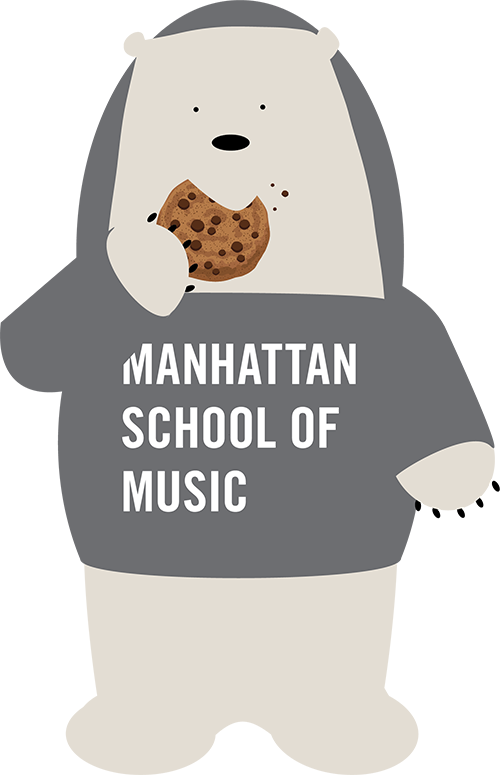By Michael Alcée, PhD
Counsellor at MSM, and author of Therapeutic Improvisation: How to Stop Winging It and Own It as a Therapist, being released on May 17, 2022.
The Jury of My Dreams
In my fantasy, jurors are only allowed to share their most positive reactions. Amidst the oohs and the ahs, you hear whispers of “I’ve never heard that line played so exquisitely!” and “what a miraculous interpretation!”
Instead of stone-cold faces, between selections, you spy tears rolling down, tissues being exchanged, your work transporting jurors into another sonic realm where they applaud as if grateful for the catharsis that only you could bring them.
Between songs, I imagine students throwing down their instruments like athletes who have just scored a touchdown, singers doing mike drops to punctuate each selection, and someone–no one knows who-starting a slow soft clap that gets the audience rumbling and on to their feet for a standing ovation.
Ok, maybe it’s just my dream, but we all can agree that playing music in front of a totally neutral audience is a fabulously strange and straining experience. It’s the stress-interview of the music world, and it’s ripe for all of our own internal critics to have a field day ripping us apart before, during, and after we play.
Why is this so? As human beings, we are always looking for feedback, connection, and validation. Without it, we naturally go towards worst-case scenarios and conjure up those silent, neglectful, and critical influences we’ve experienced in the past. Worst of all, we lose touch with the thread of music’s joy itself: connection above all!
Although we can’t change what’s staring you in the face, I’d like to recommend you try to imagine with me for a moment what it might be like to play in front of the audience of my dreams. Remember that audience? The one who isn’t ready to scold you for how many hours you didn’t practice, who isn’t asking “what have you done for me lately?,” and who gets that you fully intend to play this music with all its glory and joy intact.
See if you can stay inside the music and play for THAT jury in the practice rooms, in the concert halls, and for your most supportive friends. It might help you connect with the jury you actually play for from a totally different and new place.
If that’s a tall order, another trick I’d like you to try is to imagine talking back to the critics inside your own inner audience who often forget how much talent you bring to the table. Might we humanize them a bit and ask them what they are most scared of? Is it that they think we won’t be lovable or worthy of time, if we don’t make them happy? Is it that they think music is a zero-sum game of your true worth, and if you don’t get it perfectly, you’re done for?
Try to see if you can ferret out their overly perfectionistic fears, doubts, and worries. Notice how they try to distort who you really are, as if you or music is only one thing. There’s always more nuance in you and your history of practicing and playing than the critic tries to sell you.
The internal critics will try to own you but remind them firmly but thoughtfully that they truly work for the Muse. The source of the joy of music comes from that center. It is free, unconditional, and has infinite energy, but like meditation, we must continually remember how the critics-insides and out-try to take us away from our true grounding.
Remember that Muse, and it will be there for you. Give it space to tame and temper the inevitable critics that try to improve you or even bully you with conditional love. The Muse works beautifully with constructive criticism and openness to refining but it shuts down when it feels under the thumb of the fear-based critic.
In these times of uncertainty, war, global pandemic, and division, please remember that music is what connects us through our most difficult of times and connects us to life itself. So when that old critic voice is getting you down, here’s a reminder from GRAMMY Award-winning artist Jon Batiste:
“I believe this to my core: There is no best musician, best artist, best dancer, best actor — the creative arts are subjective and they reach people at a point in their lives when they need it the most. It’s like a song or album is made and it almost has a radar to find the person when they need it the most.”
Play as if you are playing for that person who needs it the most. On some days, it might even be you, but trust that your music is there to bring something special to this world. And just maybe that will turn the jury of my dreams into the jury of your reality.
